Used Tiny Homes For Sale South Carolina – They are investments, not just purchases, and their value is often felt long after the original transaction has ended. The longer something is used, the less likely it is to contribute to the growing problem of waste. The dynamics of a sale can vary dramatically depending on the context. Sellers often find themselves in a strange position, balancing the emotional attachment to the item with the rational need to let it go. Thrift stores, estate sales, and online marketplaces are excellent places to find second-hand furniture, with options ranging from antique and vintage pieces to more contemporary items. In some cases, the sale of an item can mark a pivotal moment in someone’s life. They also have access to networks of potential buyers and sellers, which can help expedite the sale process and increase the chances of a successful transaction. This pride comes not just from the product itself, but from knowing that you are supporting a tradition of craftsmanship and care. One of the most popular categories of second-hand goods for sale is clothing. It’s a phrase that, at first glance, may seem simple and straightforward. The ease and convenience of online sales have created a global marketplace where individuals can connect with buyers and sellers across the world. The story behind the item becomes part of its value, adding an emotional dimension to its physical form. These platforms provide a convenient way for sellers to connect with potential buyers, set their prices, and arrange for shipping or pick-up. When a person creates something, they are offering a piece of themselves to the world, not for sale, but as a gift. For sellers, the challenge lies in pricing items fairly and accurately representing their condition. A piece of furniture, for instance, may hold sentimental value simply because it’s been in the family for generations. On one hand, there’s the potential for an established client base, proven systems, and a recognizably brand name. The internet, for example, has created a space where anyone can buy or sell almost anything, from physical products to intangible services. Whether it’s a car, a house, or a simple piece of furniture, there’s a process that unfolds. For some, selling a business is a proactive decision to move on to new ventures, while for others, the sale might be the result of external factors, such as market downturns, changing consumer preferences, or regulatory shifts.

Used Tiny Homes for Sale Tiny Heirloom
Exclusive dealstop ratingspopular dealscompare prices
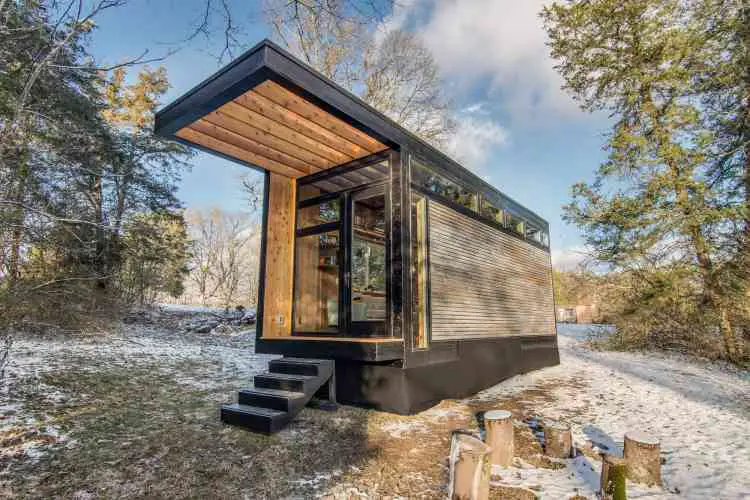
Where to find used Tiny Homes for Sale Best Tiny Cabins
Exclusive dealstop ratingspopular dealscompare prices

This 384SquareFoot Tiny House for Sale in South Carolina is Just 2
Exclusive dealstop ratingspopular dealscompare prices
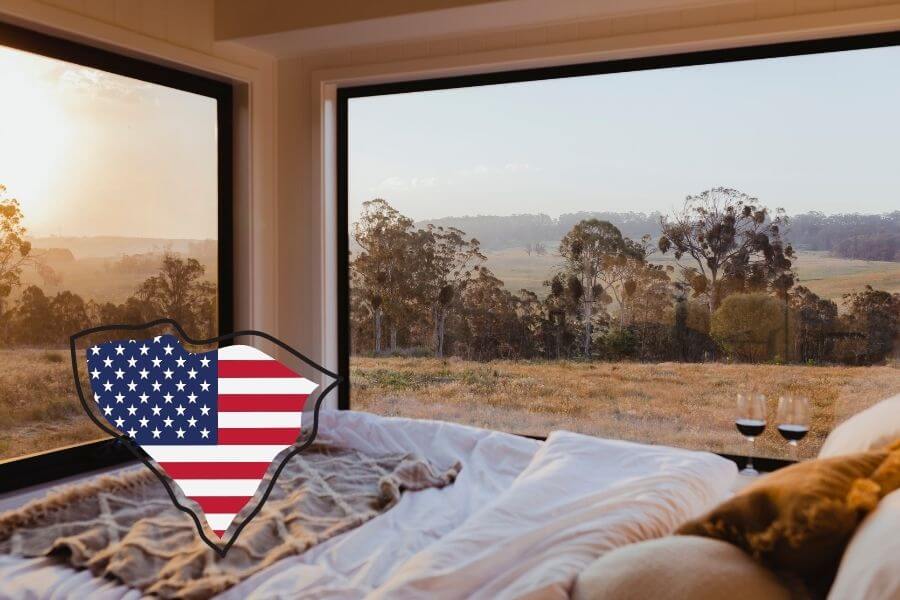
South Carolina Tiny Homes How much does it cost to build a tiny house
Exclusive dealstop ratingspopular dealscompare prices

Tiny Homes In South Carolina For Sale Tiny Carolina South House Tiny
Exclusive dealstop ratingspopular dealscompare prices
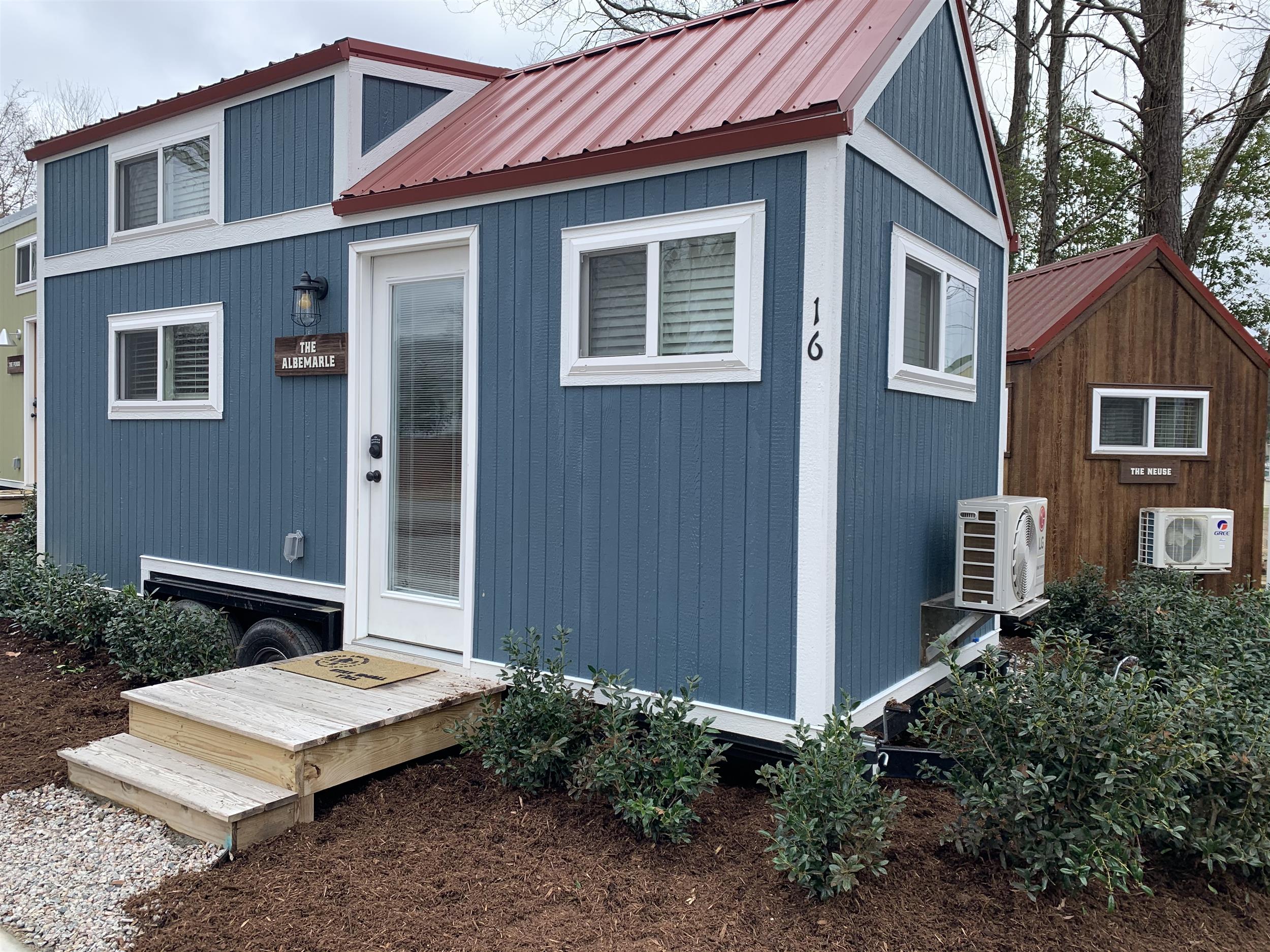
Tiny Homes In North Carolina For Sale Image to u
Exclusive dealstop ratingspopular dealscompare prices
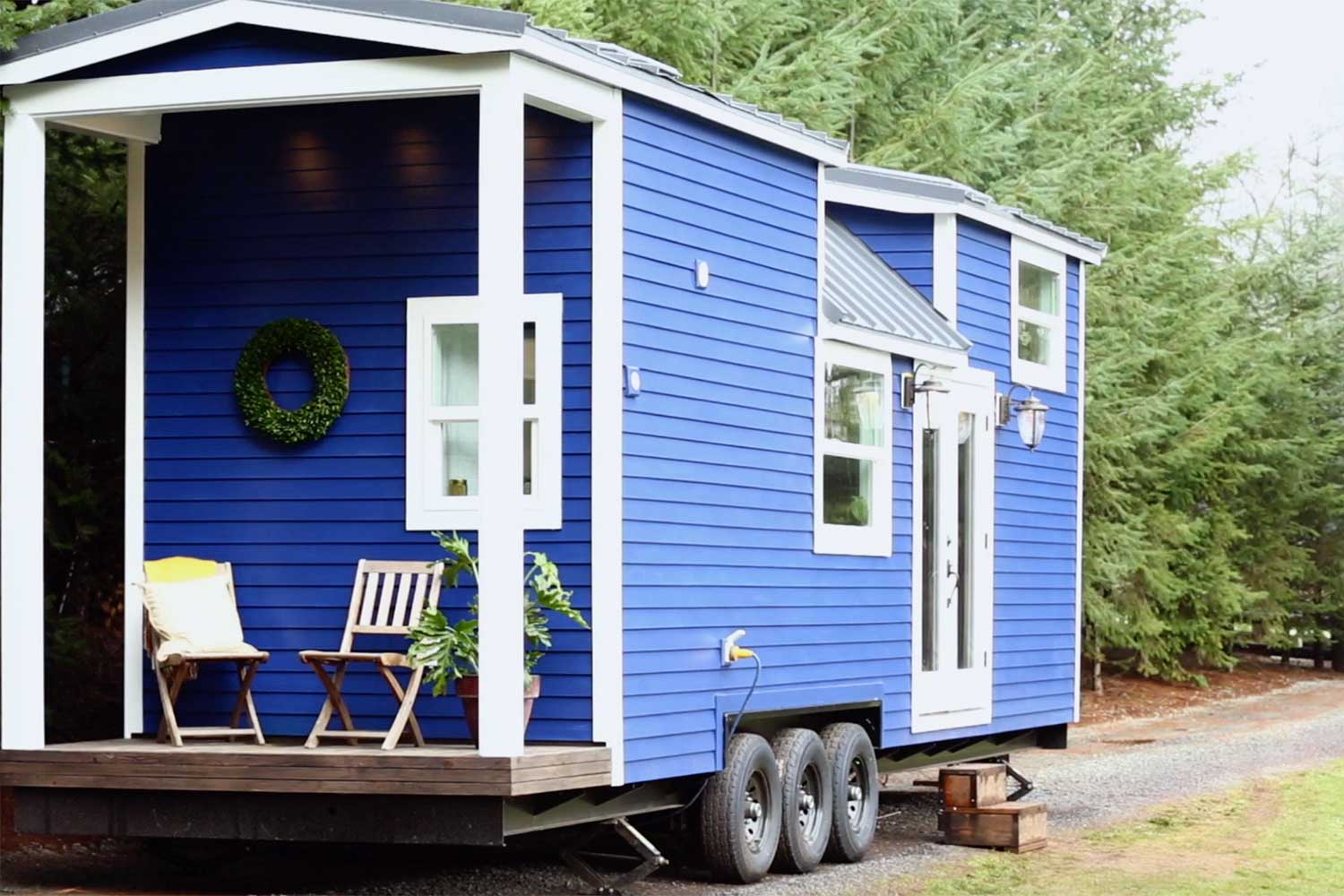
Used Tiny Homes for Sale Tiny Heirloom
Exclusive dealstop ratingspopular dealscompare prices
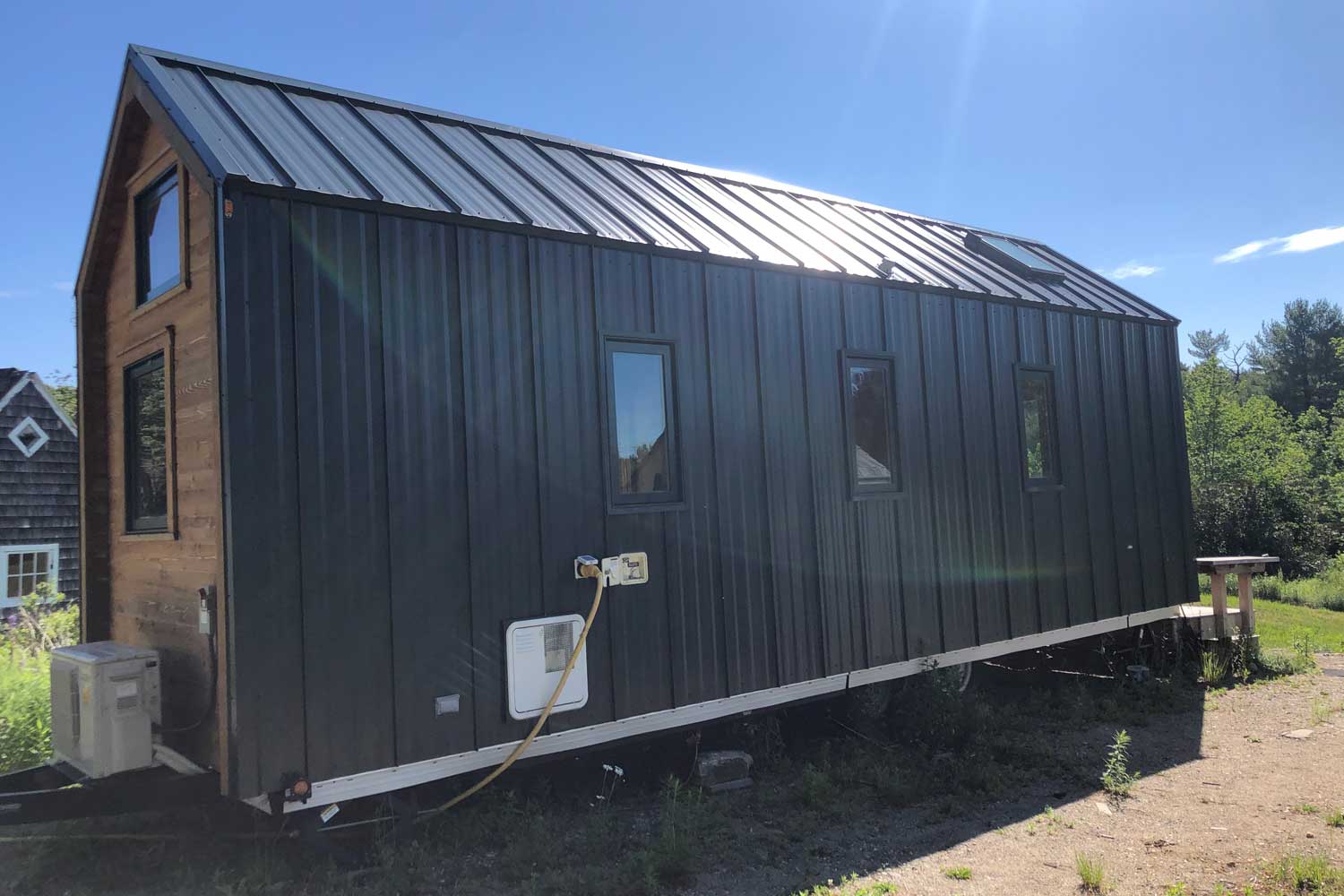
Used Tiny Homes for Sale Tiny Heirloom
Exclusive dealstop ratingspopular dealscompare prices

Used Tiny Homes for Sale Tiny Heirloom
Exclusive dealstop ratingspopular dealscompare prices
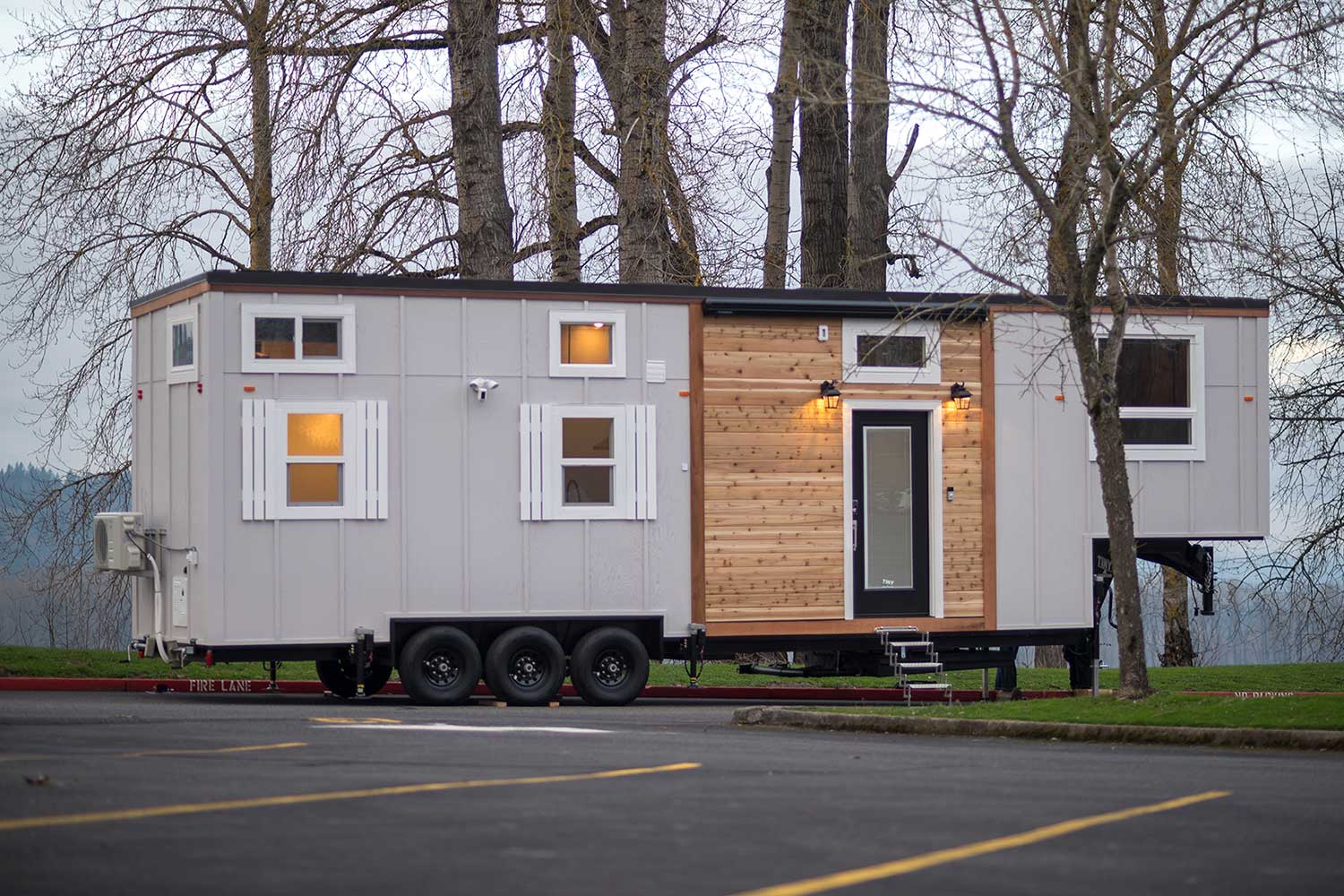
Used Tiny Homes for Sale Tiny Heirloom
Exclusive dealstop ratingspopular dealscompare prices
Relationships can become transactional, where each party enters into an agreement based on what they stand to gain. The practice of buying and selling second-hand items has been around for centuries, but in recent years, it has seen a resurgence. Despite the many advantages of buying and selling second-hand goods, there are some challenges that both buyers and sellers must navigate. In times of financial hardship, such as during recessions or periods of high unemployment, more people may turn to second-hand goods as a way to save money. They are investments, not just purchases, and their value is often felt long after the original transaction has ended. However, it’s also important to recognize the darker side of this freedom. In some cases, selling second-hand items can be a way to make a significant profit, especially if the items are rare, vintage, or in high demand. People are not just looking for things that work well; they want products that elevate their environment and their experiences. But the price of quality goods can often be a barrier for many. For instance, when someone is job hunting, it can feel like they’re placing themselves on the market, waiting for the right offer. Quality goods for sale are not just limited to luxury items or high-end brands. A well-maintained, quality leather jacket may last a lifetime, whereas a low-cost alternative might only hold up for a couple of seasons. For sale, it seems like a simple phrase, yet it carries with it an array of possibilities, emotions, and decisions that can shape someone’s life. In this sense, quality is not just about prestige; it’s about making thoughtful choices that contribute to a more sustainable and rewarding lifestyle. The ability to share knowledge, ideas, and resources has empowered individuals in ways that were previously unimaginable. In a world that often prioritizes convenience
The notion of a business for sale is one that captures the imagination of many. Websites like eBay, Craigslist, Facebook Marketplace, and Poshmark have made it easier than ever for individuals to sell their unwanted items and for buyers to find exactly what they are looking for. Economic downturns, for example, can influence the types of businesses that are put up for sale, as struggling companies may look to exit the market. Thrifted clothing, vintage furniture, and pre-owned electronics are often seen as more authentic and unique than brand-new, mass-produced items. But what about the intangible things? Can memories be bought? Can feelings, emotions, or connections be traded? In a sense, many people would argue that in today’s world, even the intangible is up for grabs.
But even as we wrestle with the implications of living in a world where everything is for sale, we also see that this reality is not entirely negative. Every click, every like, every follow, is part of an ongoing transaction. For some, it’s a matter of balancing budgetary constraints with their desire for quality. The marketplace, for all its flaws, has brought about great innovations. Are there things that should be kept beyond the realm of trade? Or has the marketplace — with its insatiable demand and promise of exchange — seeped into every facet of our being?
If everything is for sale, then the concept of value itself becomes fluid, subjective, and often manipulated. These professionals help connect buyers with sellers, ensuring that both parties are well-informed and that the transaction process is as smooth as possible. Many people continue to resist the notion that everything has a price, and they fight to reclaim what is meaningful and valuable in life. Online platforms like Etsy, for example, have given artisans a global audience for their high-quality handmade goods. These goods, once owned and used by someone else, offer a unique opportunity for both sellers and buyers to exchange items that might otherwise go unused. Due diligence is a crucial part of the process, where the buyer investigates the business thoroughly to ensure that there are no hidden liabilities, potential risks, or operational inefficiencies. The marketplace for second-hand items continues to grow, driven by economic, environmental, and cultural factors. With just a few clicks, consumers can browse through thousands of listings for second-hand items from all over the world. It involves an in-depth understanding of the business’s financials, operations, and market position. The same logic applies to tools, kitchen appliances, furniture, and even technology. Even in a marketplace where everything is commodified, there is still room for those moments and experiences that transcend value. Upcycling is a great way to make the most out of second-hand goods, adding both value and meaning to the items that are being repurposed. Whether someone is looking to sell their business as part of a strategic decision or to retire, or whether a potential buyer is seeking an opportunity to invest in an established company, the process of buying and selling businesses is a common yet intricate part of the global economy. For book lovers, buying second-hand books is an affordable way to build a library, and it can also be an opportunity to find rare or out-of-print titles that are no longer available in stores. Unlike starting a business from scratch, which requires time to build a reputation and establish market credibility, buying an existing business means stepping into an environment where some of the groundwork has already been done. Historically, many products were made by local craftsmen, and there was a direct relationship between the creator and the consumer.